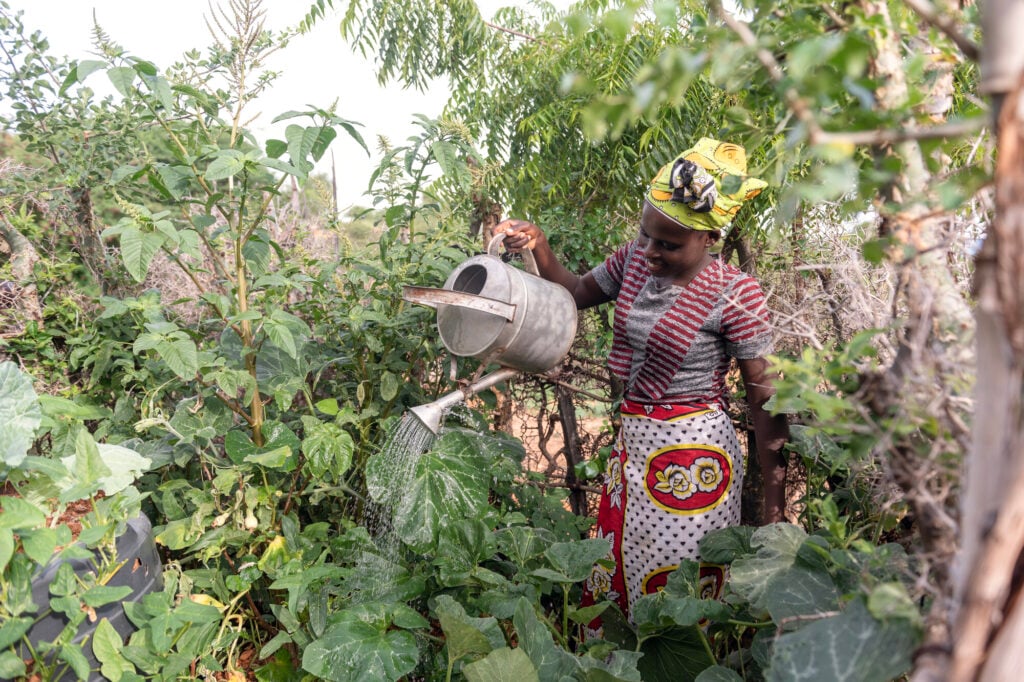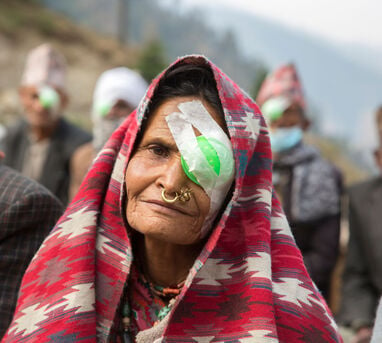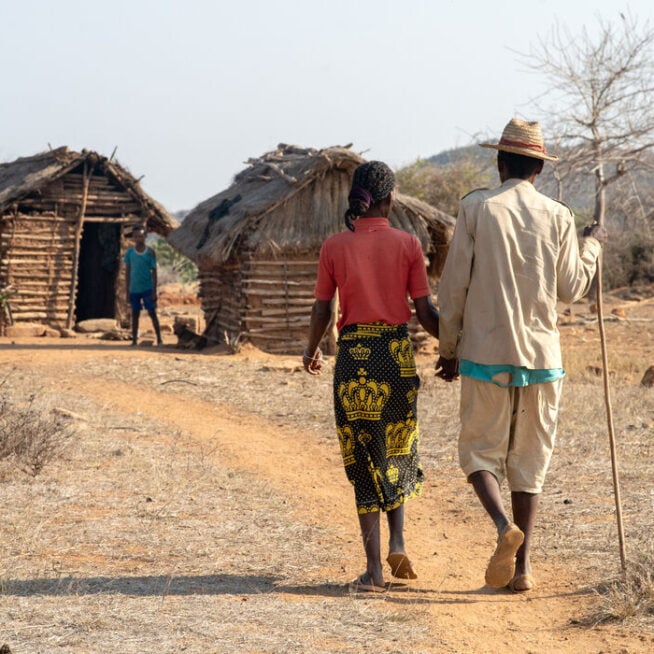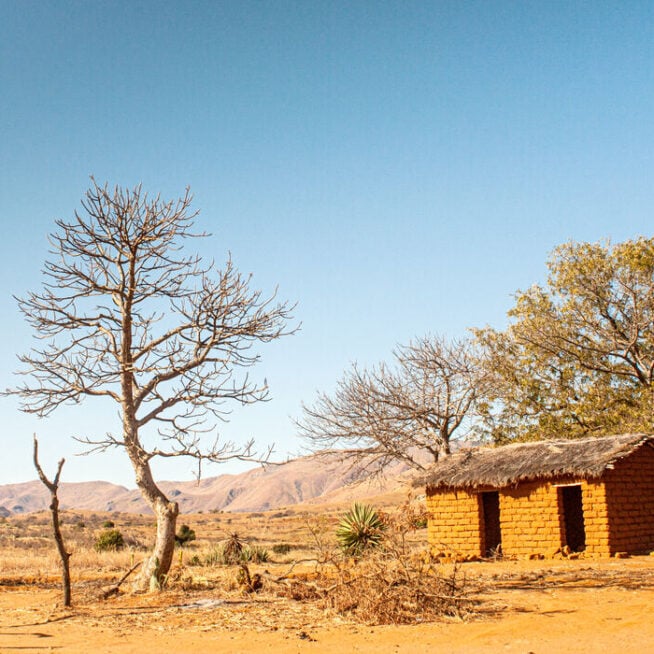At COP30 this week, governments are meeting to commit to action on the climate crisis. Important steps have already taken place at previous COPs, but there is still much more to do – especially to include people with disabilities in climate action.
COP30: Five calls from the disability movement

Inclusion benefits everyone, and this year the disability movement has identified five priorities for COP30 to ensure climate action is effective, equitable, and sustainable:
1. Just Transition
As countries move away from fossil fuels and adapt to climate change, there will be big changes in jobs, energy systems, infrastructure, and communities. A just transition means those changes must protect all people’s rights, livelihoods, and dignity – especially for those who are already at risk of being excluded or harmed.
People with disabilities can often be overlooked for green jobs and further training as a new economy develops. Workplaces can also fail to offer the support and accessibility adjustments needed. Planning this just transition in an inclusive way will ensure that people with disabilities are not left behind.
2. Global Goal on Adaptation
The Global Goal on Adaptation was established as part of the Paris Agreement in 2015. It aims to support adaptation efforts, strengthen resilience, and reduce vulnerability to climate change.
If adaptation does not intentionally consider accessibility, it could mean people with disabilities are unable to access key infrastructure and services. COP30 offers an opportunity to require governments to audit key indicator areas like health, transport, and shelters to ensure their adaptations include people with disabilities.
3. Gender Action Plan
At COP30, parties will update the Gender Action Plan, which aims to advance gender equality in climate action. Following a disaster, we know, for example, that women and girls with disabilities are at risk of Gender-Based Violence (GBV), economic exclusion and lack of access to recovery programmes. It is therefore vital that women and girls with disabilities are mentioned in the updated Gender Action Plan, and that women-led Organisations of Persons with Disabilities are funded.
4. Nationally Determined Contributions
A Nationally Determined Contribution (or NDC) is a country’s national climate plan, outlining how it intends to cut harmful emissions and adapt to the impacts of climate change. However, most draft NDCs lack any targets for including people with disabilities. Embedding inclusion into these plans not only will enhance their effectiveness but also help governments meet the Sustainable Development Goals.
5. Climate Finance
Climate finance very rarely reaches people with disabilities or funds vital accessibility improvements.
At COP29, countries committed to delivering $300 billion a year by 2035 to low- and middle-income countries. This figure must dramatically increase if we are to tackle the climate crisis, but whatever the funds made available, we must ensure that this money is shared equitably and reaches those who need it most.
Inclusion must not be optional
Inclusion of people with disabilities in all five areas is essential, not optional. True climate justice can only be achieved when people with disabilities are fully represented, and their needs and knowledge are built into every part of climate decision-making. That’s why we’re supporting the call for the United Nations Framework Convention on Climate Change (UNFCCC) to formally recognise the disability caucus with full constituency status.
Photo: ©CBM/Plateau Media



